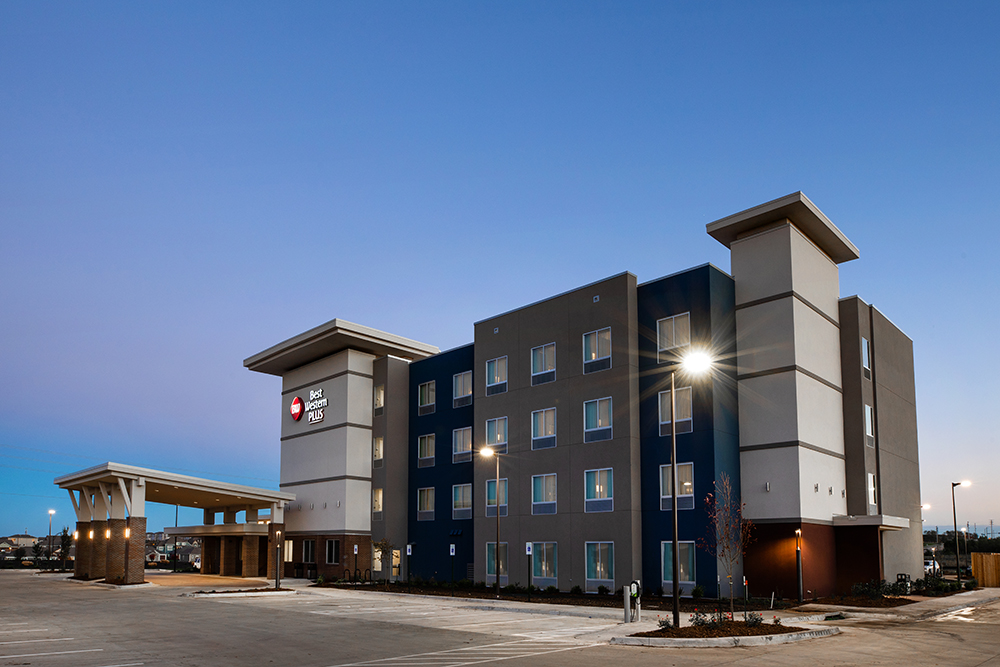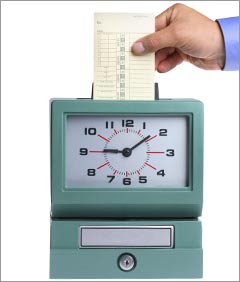What proposed overtime threshold means for US hoteliers
The hotel industry has waited for the U.S. Department of Labor to announce a proposed increase to the overtime exemption threshold. Now that it has, here is what hoteliers need to know.

REPORT FOR THE U.S.—The U.S. Department of Labor has proposed a new overtime exemption threshold that could go into effect by 2020, which means it’s time for hoteliers to review the employee analyses they performed the last time a new threshold was proposed.
The proposed threshold of $679 a week ($35,308 annually) comes within the expected range following the backlash the Obama administration faced following its proposed increase that equated to more than $47,476 a year, said Andria Ryan, partner at Fisher Phillips. The equivalent of $35,308 a year is more palatable, especially in certain parts of the country, she said.
“The expression I heard from some is they won’t have people dancing in the streets, but they won’t have pitchforks out either,” she said.
Employers can give employees a bonus to help them meet the threshold to make them exempt from overtime, Ryan said, but there’s a 10% limit on it, meaning the rest must be straight salary. The bonus must be nondiscretionary and tied to a number, she said.
“It’s not ‘The company had a great year, here’s $100,’” she said. “The person has to know they’re earning it or how to earn it.”
The proposed increase to the salary threshold does not change the duties test, she said.
The story so far
The current overtime threshold, set in 2004, is $455 per week, which equates to $23,660 a year. Under the proposed new threshold, starting 1 January 2020, employers would be required to pay overtime to employees who make less than $679 per week when they work more than 40 hours a week, according to a news release. The department would also perform periodic reviews and notice-and-comment rulemaking to determine whether to raise the threshold.
Under the Obama administration, the labor department proposed an overtime-exemption threshold the equivalent of $47,476 a year. It also required automatic increases to the amount. The new threshold was on the verge of going into effect when the U.S. District Court for the Eastern District of Texas issued an injunction in late 2016 and the U.S. Court of Appeals for the Fifth Circuit held an appeal in abeyance pending further rulemaking in late 2017. Since then, the labor department had been enforcing the 2004 threshold and reviewing another increase.
In the labor department’s announcement, it stated the department received “extensive public input” through six in-person listening sessions held around the country and received more than 200,000 comments in its request for information.
“Our economy has more job openings than job seekers and more Americans are joining the labor force,” Labor Secretary Alexander Acosta said in the release. “At my confirmation hearings, I committed to an update of the 2004 overtime threshold, and today’s proposal would bring common sense, consistency and higher wages to working Americans.”
What should hoteliers do?
In a prepared statement, American Hotel & Lodging Association President and CEO Chip Rogers said the hotel industry has a long history of investing in its employees, providing competitive wages and benefits along with the training, skills and resources for them to earn promotions and advance their careers, from entry-level all the way to the C-suite. The AHLA embraces policies that encourage employee growth, workforce flexibility and opportunities to for its associates to build a lifelong career in hospitality, he said.
“The overtime proposal released from the department of labor last week is an opportunity for AHLA to actively engage with legislators and regulators on behalf of our members to find a bipartisan solution that ensures a fair and equitable working environment for both employees and employers,” he said. “AHLA is currently reviewing the DOL proposal and seeking member company input in order to submit informed comments at the appropriate time.”
The proposed threshold increase will likely go into effect because methodology the department of labor used was meant to avoid as many legal challenges as possible, Ryan said. The methodology was the same it used for the 2004 increase and it survived scrutiny then, she said. The proposed rule also requires a review of salary levels for the threshold every four years instead of automatic increases, she said.
“That’s a sure sign of an attempt to avoid as much of a challenge as possible,” she said.
Before the proposed threshold under the Obama administration was supposed to go into effect, employers should have reviewed their employees to decide whether to increase certain employees’ wages to exceed the threshold and make them exempt from overtime, Ryan said. Several of her clients followed through in making changes only to have the courts put a stop to the new rules, she said, while others put planned salary levels on hold because of the legal challenges. Others dragged their feet and were ultimately grateful for the court decisions, Ryan noted.
The time has come again for employers to review the wages of employees near the proposed threshold to determine whether to increase their wages enough to make them exempt from overtime, she said.
For those who moved employees above the Obama administration’s proposed threshold and kept them there, Ryan said it would be legal to move their salaries down with the new threshold, but that would be a difficult adjustment downward and would affect employees’ morale. However, that doesn’t mean employers can’t adjust income for new hires, she said.
“That’s a decision people need to carefully think through,” she said, referring to pay disparity laws.



